
What is Product Development?
Learn the basics of product development for startups. Get insights on building tech efficiently with Horizon-Labs.co.
If you're a startup founder, you’ve probably heard the term "product development" thrown around a lot, but what does it really mean? It can be a daunting topic for newcomers, especially when you're juggling so many other aspects of building your company. Product development is the process of taking an idea from concept to a fully functional product. And it’s not just about building the product—you need to gather feedback, iterate quickly, and ensure you're solving real customer problems. As a founder myself, I’ve been through this journey with multiple startups, and I’m here to share a practical guide that’ll make product development a bit less overwhelming. Let’s dive in.
What is Product Development?
At its core, product development involves designing, creating, and launching a product that meets customer needs. It’s not just coding or design—it’s about balancing customer feedback, business goals, and technical feasibility. For startups, especially in the early stages, product development is crucial because the right approach can make or break your business.
Why is Product Development Important for Startups?
For startups, product development is how you bring your vision to life. It's the key to finding product-market fit and scaling your business. If you don’t validate your idea quickly and iterate based on customer feedback, you risk building something no one wants.
Key reasons why product development is essential:
- Faster Validation: By focusing on building Minimum Viable Products (MVPs), you can quickly test if your solution resonates with users.
- Cost-Efficiency: You don’t want to waste time and money building features no one will use. A structured product development process ensures you’re being strategic with your resources.
- Market Adaptability: The faster you can pivot based on market feedback, the more likely you are to survive the unpredictable startup landscape.
The Stages of Product Development
Understanding the stages of product development can give you a roadmap to follow. While the specifics can vary based on your industry or product type, here’s a general outline of the steps involved:
1. Idea Generation
Every product starts with an idea. This could be a new solution to a problem you've identified in the market or an improvement on an existing product. At this stage, focus on brainstorming and researching the competition.
Tip: Don’t get too attached to your first idea. Be open to iterating and evolving based on feedback from potential users.
2. Prototyping
Once you’ve got a solid idea, the next step is building a prototype. Prototyping allows you to test your concept quickly and gather feedback without investing too much time or money in building a full product.
Tip: At Horizon Labs, we always advise clients to prototype before committing to a full build. It helps avoid costly mistakes and ensures you’re on the right track before pouring in significant resources.
3. Minimum Viable Product (MVP)
Your MVP is the simplest version of your product that still delivers value to your users. The goal here is to test your core assumptions and see if there’s demand for your product. An MVP allows you to collect real-world data and iterate based on actual user behavior.
Tip: Start small, gather feedback, and then improve. Don’t aim for perfection at this stage—that’s a common pitfall for early-stage founders.
4. Product Launch
Once you've validated your MVP, it's time to launch. This doesn't mean you're done with product development—far from it. You’ll need to continue collecting feedback, making improvements, and possibly even pivoting if the market demands it.
Tip: A successful launch involves more than just having a working product. Consider your marketing, sales strategy, and user onboarding. We often support founders in strategizing their go-to-market to ensure they're set up for success.
5. Iteration & Scaling
After launch, the process of product development doesn’t stop. The market will change, customer needs will evolve, and you’ll need to keep iterating on your product to stay competitive. Scaling your product to accommodate a growing user base requires technical adjustments and possibly even a shift in your business model.
Tip: At Horizon Labs, we help startups manage scaling pain points by offering staff augmentation services, so you can keep up with technical demands without breaking the bank.
Challenges in Product Development for Startups
Product development isn’t without its challenges. From tight budgets to ever-changing market demands, here are a few common hurdles startup founders face:
1. Limited Resources
Startups often have to make the most of limited budgets and small teams. This means prioritizing what gets built and when is crucial.
Solution: Focus on core features first, and don’t be afraid to cut back on non-essential features. Using frameworks like Lean Startup can help you prioritize.
2. Unclear Market Demand
It’s easy to think you’ve built something amazing, only to find out there’s little interest in your product.
Solution: Constantly engage with your target audience. Build feedback loops into every stage of your product development process.
3. Technical Debt
As you rush to get your product out the door, it’s tempting to take shortcuts in development. While this might save time in the short term, it can lead to technical debt—making future changes harder and more costly.
Solution: Partner with experienced engineers who know how to build scalable systems from the get-go. At Horizon Labs, we’re particularly mindful of balancing speed with technical sustainability.
The Role of Feedback in Product Development
One of the most critical aspects of product development, particularly for startups, is continuously gathering feedback from users. As founders, we can easily get caught up in our own vision of what the product should be, but without listening to actual users, we risk building something that doesn’t solve real problems.
How to Collect User Feedback
Getting feedback isn’t just about asking for it—it’s about collecting it in a structured and meaningful way. Here are a few methods to consider:
- User Interviews: Sit down with your users (or potential users) and ask them about their pain points. Focus on how your product could help solve their problems.
- Surveys: A well-crafted survey can help you gather data on specific features or aspects of your product. Tools like Typeform or Google Forms are great for this.
- Usability Testing: Watching users interact with your prototype or MVP can provide invaluable insights. Sometimes users struggle with things you didn’t even think were an issue.
- Analytics: Using tools like Mixpanel, Amplitude, or Google Analytics to track how users interact with your product can give you quantitative data to inform your decisions.
Tip: Early in the product development process, focus on qualitative feedback to understand user needs. As your product matures, shift to quantitative metrics to optimize and scale.
How to Iterate Based on Feedback
Once you’ve gathered feedback, the key is to iterate quickly and effectively. This means prioritizing the feedback based on what will deliver the most value to users and aligning it with your business goals.
Tip: At Horizon Labs, we often help founders prioritize their product roadmap by looking at both customer feedback and long-term business objectives. It’s a balancing act, but one that’s essential for sustained growth.
Choosing the Right Tech Stack for Product Development
One of the more technical aspects of product development is choosing the right tools and technologies to build your product. Your tech stack will affect everything from development speed to scalability, and making the wrong choice can result in a lot of headaches down the line.
Factors to Consider When Choosing a Tech Stack
When choosing a tech stack for your product, consider the following:
- Speed of Development: Startups often need to move fast, so choosing technologies that allow for rapid prototyping and iteration is crucial.
- Scalability: As your product grows, you’ll need to ensure your technology can handle an increasing number of users without sacrificing performance.
- Cost: Some technologies are cheaper to build with, but they may not scale well. Others might require higher initial investment but offer long-term savings.
- Talent Availability: It’s essential to choose technologies your team (or outsourced developers) are familiar with. If your tech stack is too niche, finding talent to maintain or expand your product could be challenging.
Tip: At Horizon Labs, we are tech-agnostic, meaning we work around your preferred stack or help you choose the best tools based on your specific needs. We often use popular frameworks like React for front-end, Node.js or Python for the back-end, and cloud platforms like AWS or GCP for hosting.
Common Mistakes in Product Development
Building a successful product isn’t easy, and as a founder, you’re bound to make mistakes along the way. However, by learning from others, you can avoid some of the most common pitfalls. Here are a few mistakes I’ve seen startup founders make, and how to avoid them.
1. Over-Engineering the MVP
Your MVP is supposed to be “minimum” for a reason. Many founders fall into the trap of over-engineering, trying to perfect every feature before launching. This not only wastes time and money but delays the valuable feedback you need from real users.
Solution: Focus on your core value proposition and get a basic version of that in front of users as soon as possible. Remember, the MVP is just the start, not the end.
2. Ignoring User Feedback
We’ve all been there—you have a vision for your product, and you’re confident it’s the right one. But if your users are consistently telling you something different, it’s essential to listen.
Solution: Create a system for collecting and analyzing feedback regularly. Don’t let your ego get in the way of building what the market actually needs.
3. Not Planning for Scalability
It’s tempting to cut corners in the early stages to get your product out the door faster, but if you don’t plan for scalability, you’ll run into serious problems down the line.
Solution: While it’s okay to take shortcuts during your MVP phase, make sure you’re building a solid foundation for growth. This is where an experienced technical partner like Horizon Labs can help ensure you’re ready for the future.
Horizon Labs’ Approach to Product Development
At Horizon Labs, we’ve helped startups at every stage of the product development process. Whether you’re just brainstorming an idea or preparing for a large-scale launch, we bring more than just technical expertise to the table. We’ve been there, done that, and we know the common pitfalls.
Here’s how we help:
- Prototyping & MVPs: Our team has a track record of rapidly testing concepts and helping startups gather valuable feedback. We specialize in building interactive prototypes that your users can engage with, so you can validate your ideas early.
- Custom Development: Every product is unique, and we make sure your development process reflects that. Our engineers have experience across a wide range of industries, from healthtech to AI. We build scalable, flexible solutions that grow with your business.
- Staff Augmentation: Need extra hands? We provide engineering resources that integrate seamlessly with your team, ensuring you never miss a deadline. We’re not just a dev shop; we see ourselves as your strategic tech partner.
Why Choose Horizon Labs for Product Development?
When it comes to product development, choosing the right partner can be the difference between success and failure. Horizon Labs has the experience and the team to help you build products that your users will love. With a proven track record in fast, cost-effective development, we're here to help you launch and scale efficiently. Startups across industries trust us because we understand the challenges founders face and we help them navigate the complexities of building a product that’s both functional and scalable.
Ready to get started? Contact us at info@horizon-labs.co or schedule a call at Horizon-Labs.co/contact to see how we can help turn your idea into a reality.
Frequently Asked Questions (FAQs) about Product Development:
Q: What’s the difference between product development and product management?
A: Product development refers to the entire process of designing, building, and launching a product. It involves technical work like coding, prototyping, and testing. Product management, on the other hand, focuses on the strategic aspects—prioritizing features, aligning the product with business goals, and managing the product lifecycle. While product development is about execution, product management ensures the product delivers value to users and the business.
Q: When should a startup consider hiring a product development agency?
A: A startup should consider partnering with a product development agency when they need to move quickly, don’t have in-house technical expertise, or want to reduce development costs. Early-stage startups, in particular, benefit from agencies because they provide experienced engineers who can build MVPs, rapidly iterate based on feedback, and help avoid technical debt from the start.
Q: How can product development help validate a startup idea?
A: Product development allows startups to test their assumptions with real users through prototyping and MVPs. By releasing a simplified version of the product (the MVP), startups can gather feedback, gauge market demand, and validate whether their solution solves a real problem. This iterative approach ensures founders aren't building something users don’t want.
Q: What’s the role of user feedback in product development?
A: User feedback is crucial in product development because it helps founders understand how their product performs in real-world scenarios. By listening to user needs, startups can iterate quickly, adjust features, and refine the product to meet demand. Early feedback can also highlight potential issues or areas for improvement before scaling.
Q: How long does the product development process typically take for startups?
A: The duration of the product development process depends on the complexity of the product and the development approach. For simple MVPs, it can take a few weeks to a couple of months. More complex products with advanced features, integrations, or scalability requirements might take several months. However, working with experienced teams or agencies can speed up the process significantly.
Q: How does product development differ for a startup versus an established company?
A: For startups, product development often focuses on rapid iteration, finding product-market fit, and launching an MVP as quickly as possible. Established companies, by contrast, may have more extensive processes involving risk mitigation, compliance, and scalability from the start. Startups can take more risks and experiment, whereas larger companies need to manage stability and brand reputation.
Q: How should startups prioritize features during product development?
A: Startups should prioritize features based on the value they deliver to users and the business. Focus on the core functionality that solves the primary pain point. Non-essential features can be added in later iterations. Using frameworks like the MoSCoW method (Must Have, Should Have, Could Have, Won’t Have) helps in deciding what to build first.
Q: What tools are commonly used in product development?
A: Some of the most popular tools used in product development include Figma or Sketch for design and prototyping, GitHub or GitLab for code management, and Jira or Trello for project management. For back-end development, frameworks like Django (Python) or Node.js are common, while React and Angular are often used for front-end development.
Q: How do you avoid technical debt during product development?
A: Avoiding technical debt starts with a clear development strategy and well-structured code. Regular code reviews, automated testing, and a focus on scalability from day one help reduce future issues. Additionally, partnering with experienced engineers or agencies ensures best practices are followed, helping to mitigate technical debt from the outset.
Q: What are the risks of outsourcing product development?
A: While outsourcing can save time and costs, risks include communication barriers, lack of alignment on vision, and potential delays due to time zone differences. To mitigate these risks, it’s important to work with a trusted partner who has a proven track record with startups and understands the importance of clear communication and project management.
Q: How do you decide when your MVP is ready to launch?
A: Your MVP is ready to launch when it includes the core features necessary to deliver value to your target users. It doesn’t need to be perfect, but it should solve a real problem and provide a clear benefit. The goal is to release it early enough to gather user feedback, while ensuring it’s functional enough for users to understand the product’s potential. Keep in mind, the MVP is just the beginning of an ongoing iteration process.
Q: What are some common mistakes founders make during product development?
A: Common mistakes include overcomplicating the MVP, ignoring user feedback, and not planning for scalability. Many founders also delay launching their product because they want it to be “perfect” when they should be focusing on gathering feedback and improving. Another common error is not properly prioritizing features, which can lead to wasted resources on non-essential functionalities.
Q: How can agile methodologies benefit product development for startups?
A: Agile methodologies allow startups to break down development into smaller, manageable tasks, known as sprints. This approach enables quick iterations, frequent testing, and regular feedback, helping teams stay aligned with user needs and adapt to changes quickly. For startups with limited resources, agile development helps ensure efficiency and keeps the product moving forward without lengthy delays.
Q: How do you know if your product development process is effective?
A: An effective product development process is one where you’re consistently hitting milestones, gathering meaningful user feedback, and improving the product based on that feedback. Key indicators include a short time to market, low levels of technical debt, and steady progress on feature development. If your team is frequently stuck or experiencing delays, it may be a sign that your process needs adjustment.
Q: Can non-technical founders lead a product development team?
A: Yes, non-technical founders can successfully lead a product development team, but it’s important to have the right technical support in place. This could mean hiring a CTO, working with an experienced agency, or partnering with a technical co-founder. Non-technical founders should focus on understanding the product’s vision, customer needs, and business strategy, while relying on their technical team for execution.
Q: How important is market research in product development?
A: Market research is critical for ensuring you’re building something people actually want. Before investing time and resources into development, you need to validate that there’s demand for your product. Market research helps you understand your target audience, their pain points, and how your product can uniquely solve their problems. It also gives you insights into your competition and the market landscape.
Q: What role does UX/UI design play in product development?
A: UX (User Experience) and UI (User Interface) design are essential for ensuring your product is not only functional but also user-friendly and visually appealing. Good UX design ensures that users can easily navigate your product, while UI design enhances the overall look and feel. Neglecting design can lead to a confusing or unattractive product, which can harm user engagement and retention.
Q: How should you handle pivots during product development?
A: Pivots happen when you realize that your original product idea isn’t working as planned, based on market feedback. When pivoting, it’s important to maintain flexibility and communicate the change clearly to your team. Start by identifying what’s not working and why, then adjust your product’s focus accordingly. Pivots should be data-driven, not based on assumptions, and they should address a real user need or market opportunity.
Q: How do you handle technical challenges during product development?
A: Technical challenges are inevitable in product development. To handle them effectively, it’s important to break down complex issues into smaller tasks, use tools for error tracking and debugging, and leverage your team’s expertise. If you’re facing significant challenges, it may also be helpful to bring in outside experts or an agency that specializes in your tech stack. Staying proactive and regularly addressing potential roadblocks can prevent larger issues from arising.
Q: How can product development help with fundraising?
A: A well-executed product development process can significantly boost your fundraising efforts. Investors want to see that you have a viable product with clear market demand. By having a functional MVP, user feedback, and a clear development roadmap, you can demonstrate progress and reduce the risk in your startup. This can make it easier to raise capital as you show traction and a path toward scalability.
Whether you're validating an idea, scaling an existing product, or need senior engineering support—We help companies build ideas into apps their customers will love (without the engineering headaches). US leadership with American & Turkish delivery teams you can trust.
Need Developers?
We help companies build ideas into apps their customers will love (without the engineering headaches). US leadership with American & Turkish delivery teams you can trust.
















For Startups & Founders
We've been founders ourselves and know how valuable the right communities, tools, and network can be, especially when bootstrapped. Here are a few that we recommend.

Mistakes to Avoid When Building Your First Product
Learn the key mistakes founders make when building their first product—and how to avoid them for a faster, smoother launch.
Read more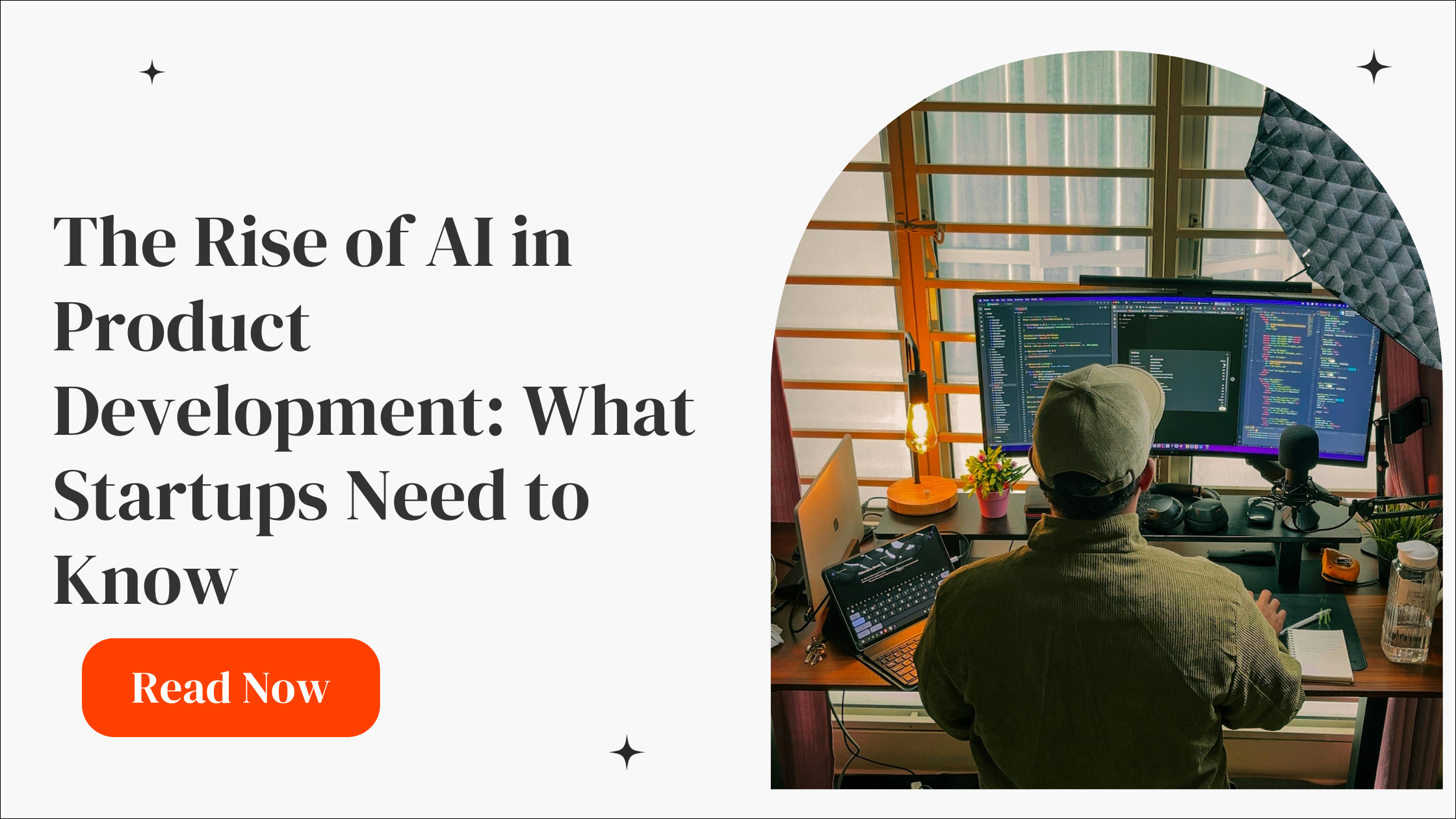
The Rise of AI in Product Development: What Startups Need to Know
Learn how AI is transforming product development for startups. From MVPs to scaling, here’s what founders need to know in today’s AI-driven world.
Read more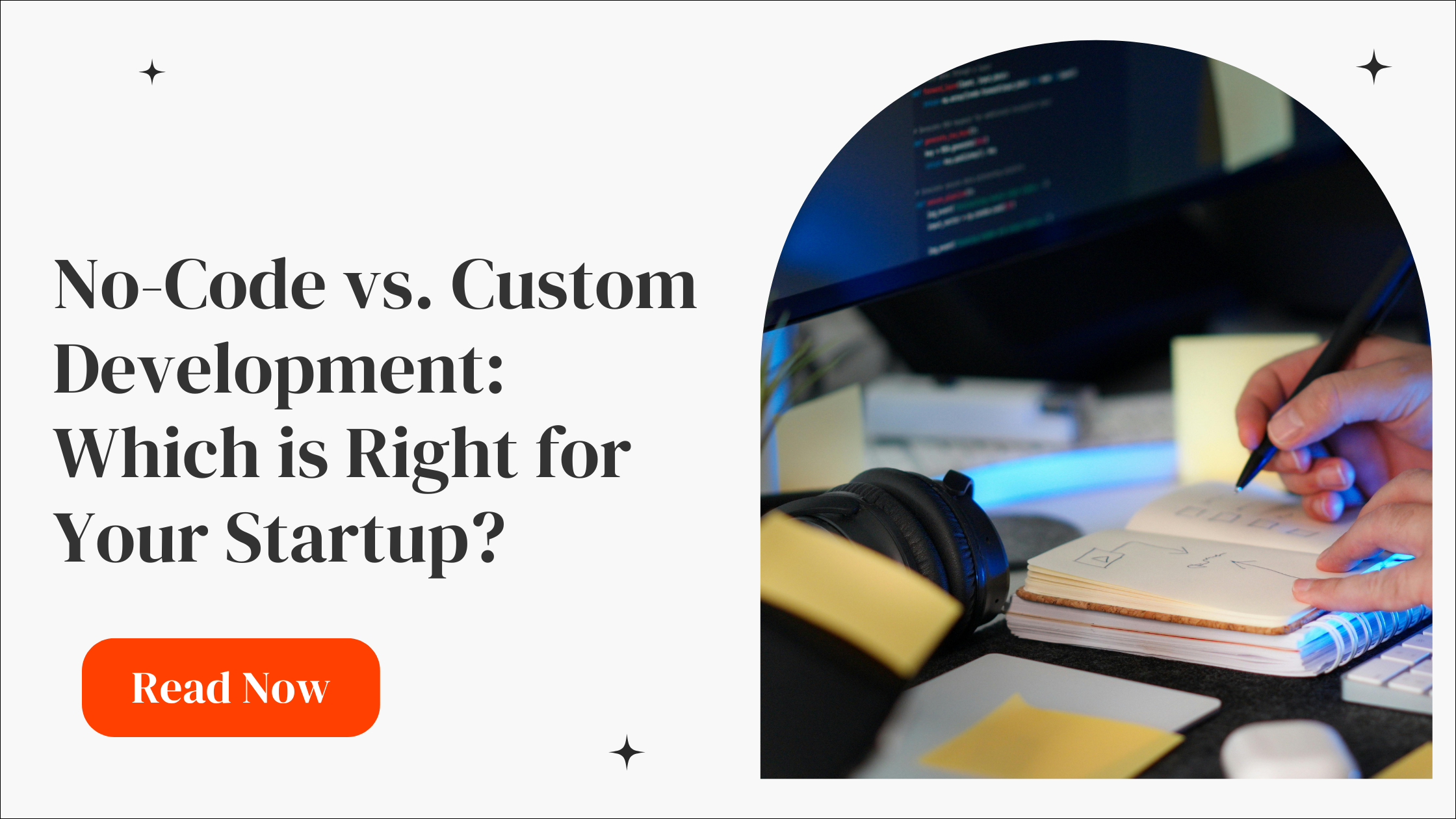
No-Code vs. Custom Development: Which is Right for Your Startup?
Weighing no-code vs. custom development? Learn which is right for your startup depending on stage, budget, and product complexity.
Read more
What is Mixpanel?
Learn how Mixpanel helps startups track user behavior to improve products and accelerate growth with clear data-driven insights.
Read more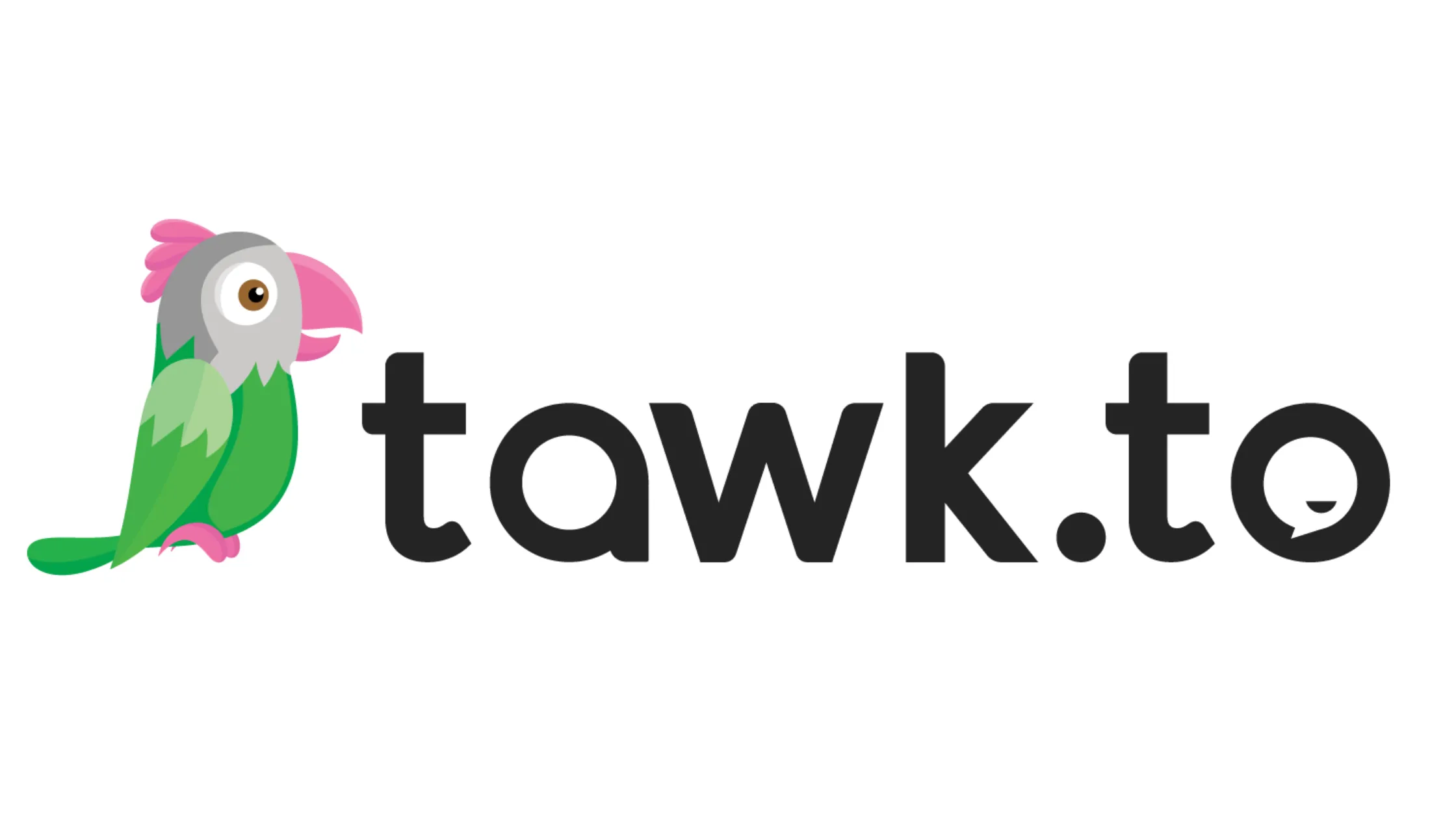
How Tawk.to Can Boost Your Startup’s Customer Support Game
Learn how Tawk.to can benefit startups by enhancing customer support and engagement. Perfect for early-stage founders!
Read more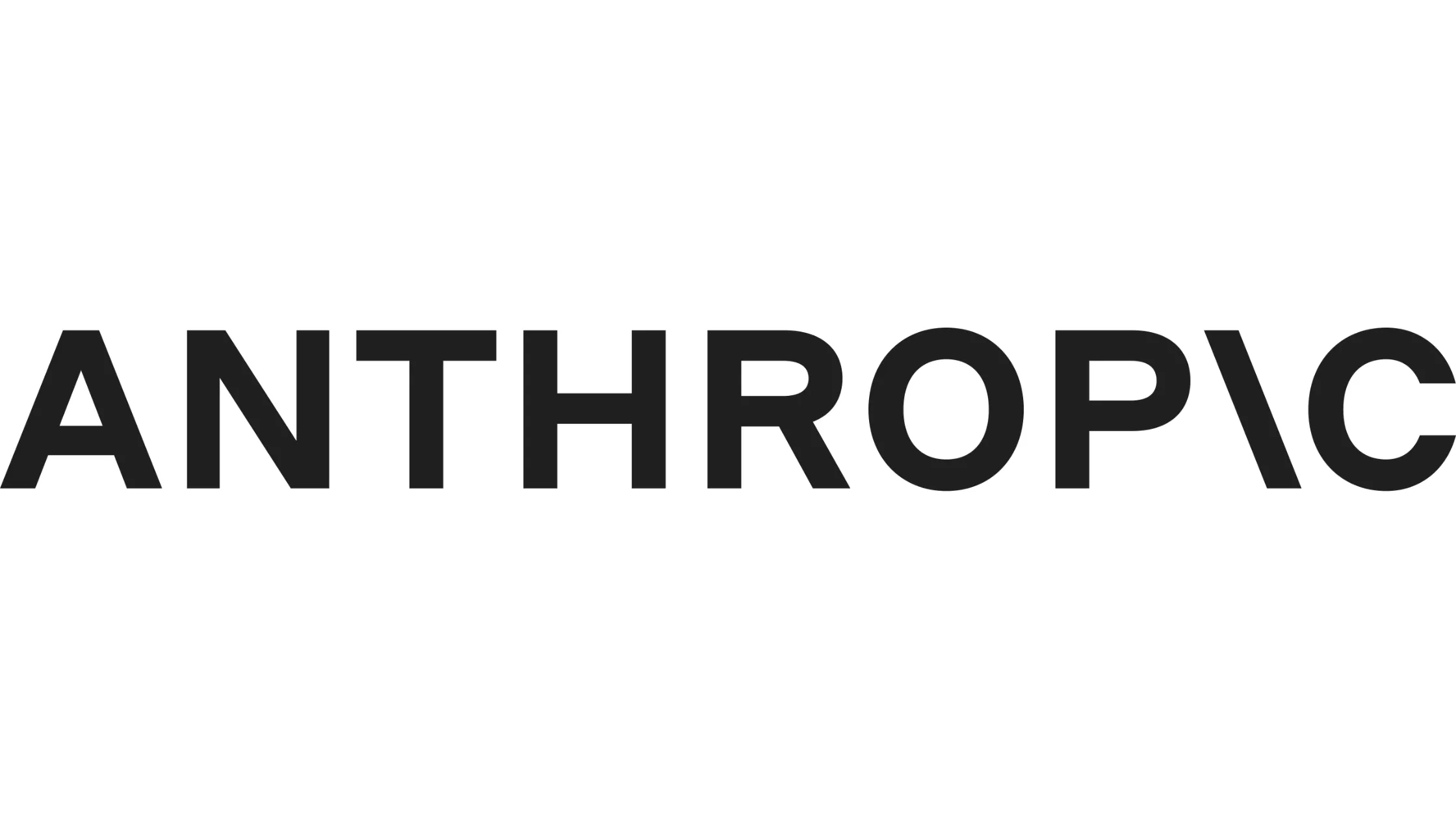
Grow Your Startup With Anthropic's AI-Powered Tools
Discover how Anthropic's cutting-edge AI tools can accelerate your startup's success. Learn about their benefits and see why they can be trusted by startups.
Read more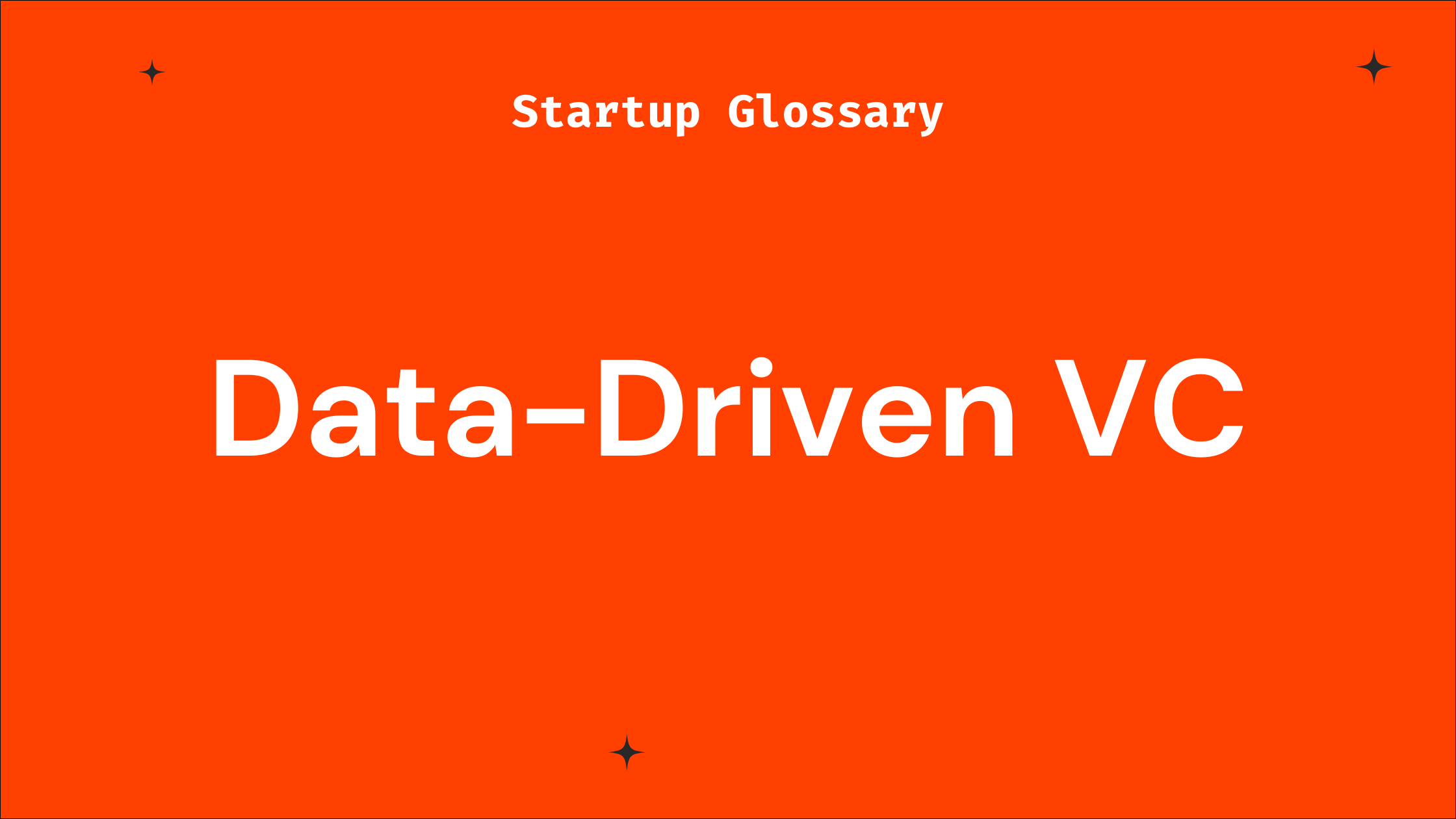
What is Data-Driven VC?
Learn what a data-driven VC means and how such investors can benefit your startup’s growth and fundraising journey.
Read more
What is Blockchain?
A beginner-friendly guide on blockchain for startup founders, covering key concepts, benefits, challenges, and how to leverage it effectively.
Read more
What is Cybersecurity?
Learn cybersecurity basics tailored for startup founders. Understand key risks, best practices, and how to protect your startup from tech threats.
Read more
What is Seedcamp?
Learn what Seedcamp is, how its European seed fund and accelerator program work, and how founders can use its capital, mentorship, and network to scale their st
Read more
What is AngelList?
AngelList is a prime platform connecting startup founders to investors, talent, and resources to accelerate early-stage growth.
Read more
What is 500 Startups?
Learn what 500 Startups (now 500 Global) is, how its accelerator and seed fund work, and when founders should consider it—plus tips for early-stage startups.
Read more.webp)